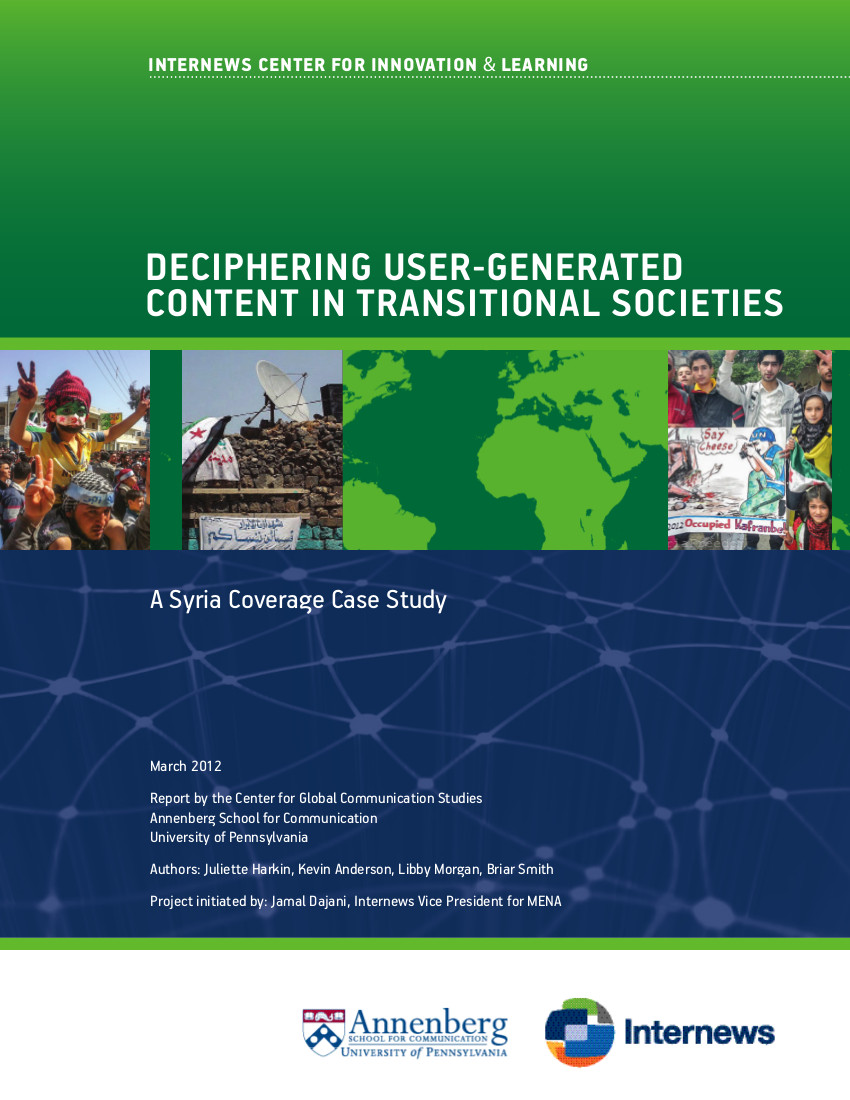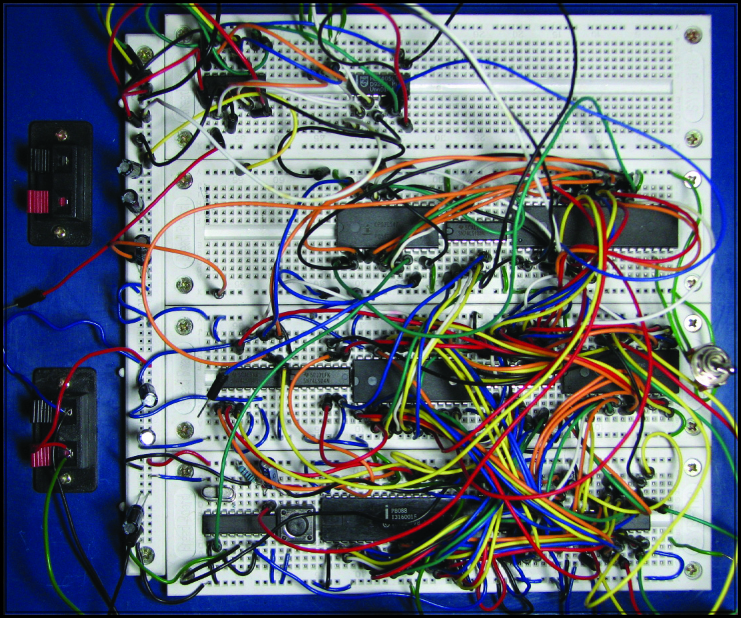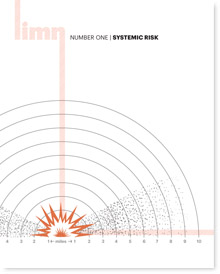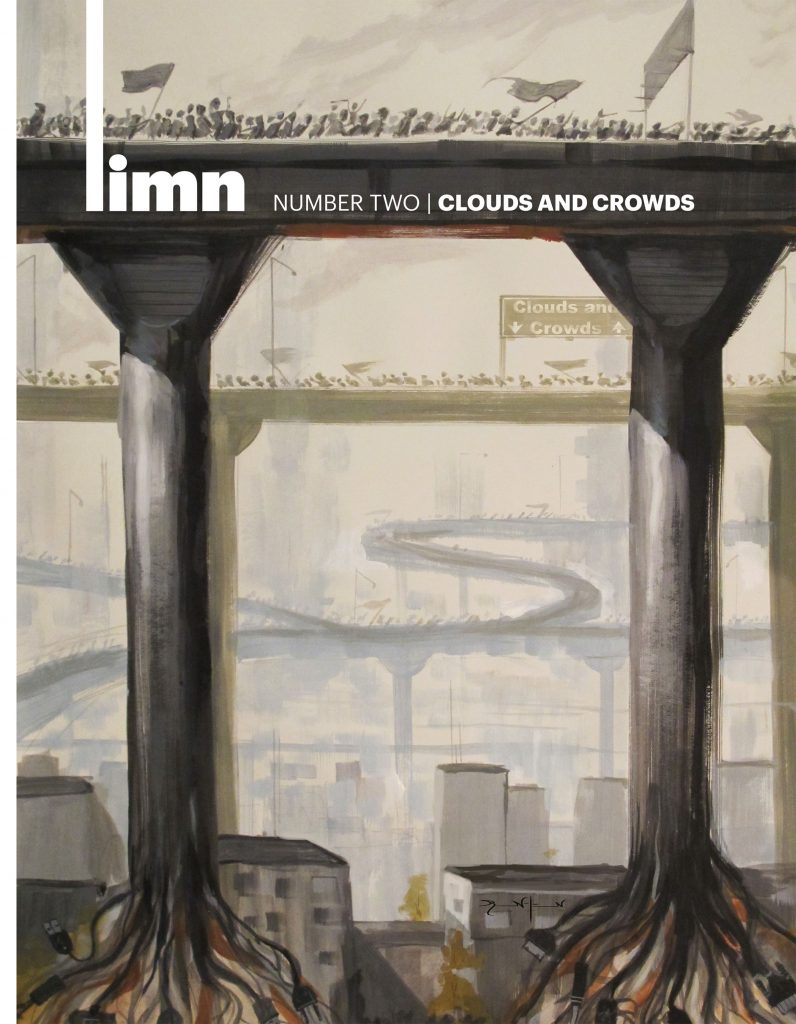Laurier Rochon: The Dictator’s Practical Internet Guide to Power Retention (2012)
Filed under booklet | Tags: · internet, politics, power, social media, totalitarianism

The goal of this guide is to provide leaders of authoritarian, autocratic, theocratic, totalitarian and other single-leader or single-party regimes with a basic set of guidelines on how to use the internet to ensure you retain the most power for the longest time. The best way to achieve this is to never have your authority contested. This guide will accompany you in the obliteration of political dissidence. By having everyone agree with you, or believe that everyone agrees with you, your stay at the head of state will be long and prosperous.
Self-published, June 2012, Rotterdam, The Netherlands
55 pages
PDF
View online (HTML)
Deciphering User-Generated Content in Transitional Societies: A Syria Coverage Case Study (2012)
Filed under report | Tags: · activism, journalism, mass media, social media, syria

“Social media and user-generated content played an important role in coverage of the revolutions in Egypt, Tunisia and Libya; however, content from the public was supplementary to traditional newsgathering in media coverage.
By contrast, in Syria, with the tight control and exclusion of foreign media, news organizations had to rely almost exclusively on user-generated content, particularly in the early months of the uprising. Much of the user-generated content used by news outlets came via Syrian activists inside Syria and in exile.
To examine how user-generated content has been integrated into prominent Arab-language news organizations, Internews commissioned and collaborated with the Center for Global Communication Studies to produce Deciphering User-Generated Content In Transitional Societies: A Syria Coverage Case Study which looks closely at how BBC Arabic and Al Jazeera Arabic used social media, photos and videos taken by members of the public to provide coverage of the uprising in Syria, particularly in the early days of the uprising.
Based on research conducted over a 12-week period between November 2011 and January 2012, this study employed a qualitative, mixed method approach using literature review, in-depth interviews with 19 media practitioners, academics, activists and commentators; and, a content analysis of the news and current affairs output of BBC Arabic and Al Jazeera Arabic, focusing on three major events at different stages of the Syrian revolt.”
March 2012
Report by the Center for Global Communication Studies, Annenberg School for Communication, University of Pennsylvania, commissioned by Internews
Authors: Juliette Harkin, Kevin Anderson, Libby Morgan, Briar Smith
40 pages
Limn, 0-2: Prototyping Prototyping / Systemic Risk / Crowds and Clouds (2010-2012)
Filed under magazine | Tags: · big data, cloud computing, crowdsourcing, data mining, economy, financial crisis, internet, networks, politics, social media, surveillance

Limn, 0: Prototyping Prototyping, Nov 2010
“Before there was LIMN, there were several different prototypes. The first was occasioned by a conference: on prototypes. Held in Madrid in November of 2010, and organized by Adolpho Estalella and Alberto Corsín Jimenez, it was a conference for which this issue was imagined as a kind of pre-conference publication–another riff on the prototype. Many of the problems LIMN seeks to address were worked out in part through this conference and the publication: from the use of new media, to the function of conferences and conference papers, to the idea of a publication that precedes or determines a social event. Issue Number Zero was very much a prototype, and bears the traces of that concept and the discussion of it by the generous participants.”
Contributors: George Marcus, Marilyn Strathern, James Leach, Alberto Corsin Jimenez and Adolfo Estalella, Alex Wilkie, Nerea Calvillo, Javier Lezaun, Lucy Suchman, Lina Dib, Michael Guggenheim, Alain Pottage
HTML (updated on 2019-7-8)

Limn, 1: Systemic Risk, Jan 2011
“Systemic risk has become a central topic of expert discussion and political debate amidst the financial crisis that began in 2008, but it also has resonances across many other domains in which catastrophic threats loom – including internet security, supply chain management, catastrophe insurance, and critical infrastructure protection. In this issue, we invited scholars to contribute genealogical and conceptual framings that inform critical inquiry into this increasingly important concept. The result is not a traditional collection of academic articles but a set of brief, preliminary reflections, prepared on short notice, that address a common set of questions, along with a handful of documents, links, images and videos that illustrate different aspects of the concept.”
Contributors: Benjamin Sims, Deborah Cowen, Myriam Dunn Cavelty, Elizabeth Cullen Dunn, Christopher M. Kelty, Philip Bougen, Stephen J. Collier, Andrew Lakoff, Onur Ozgöde, Douglas R. Holmes, Rebecca Lemov, Brian Lindseth, Martha Poon, Grahame Thompson
HTML (updated on 2019-7-8)

Limn, 2: Crowds and Clouds, Mar 2012
“This issue of LIMN focuses on new social media, data mining and surveillance, crowdsourcing, cloud computing, big data, and Internet revolutions. Rather than follow the well-worn paths of argument typical today, our contributors address the problems in new ways and at odd angles: from the power and politics of statistics and algorithms to crowdsourcing’s discontents to the capriciousness of collectives in an election; from the focus group and the casino to the worlds of micro-finance and data-intensive policing. Together they raise questions about the relationship of technology and the collectives that form in and through them.”
Contributors: Christopher Kelty, Alain Desrosières, Lilly Irani, Chris Csikszentmihályi, Gabriella Coleman, Nick Seaver, Emmanuel Didier, Alek Felstiner, Tarleton Gillespie, Roma Jhaveri, Daniel Kreiss, Natasha Dow Schüll, Rebecca Lemov, Maria Vidart, Amira Pettus, Jonathan R. Baldwin, and Ruben Hickman
HTML (updated on 2019-7-8)
“Limn is somewhere between a scholarly journal and an art magazine. It is an attempt to communicate and display ongoing scholarly research. Limn outlines contemporary problems. It draws material from networks of experts in the social and human sciences and is intended to be timely, diverse in perspective, authoritative, well written and beautifully designed. The focus is on contemporary problems in our global, politically interconnected, technologically intense culture: problems of infrastructure, ecological vulnerability, economic interdependence, and relentless technological invention.”
Editors: Stephen J. Collier, Christopher M. Kelty, Andrew Lakoff
Creative Commons BY-SA 3.0 Unported License

